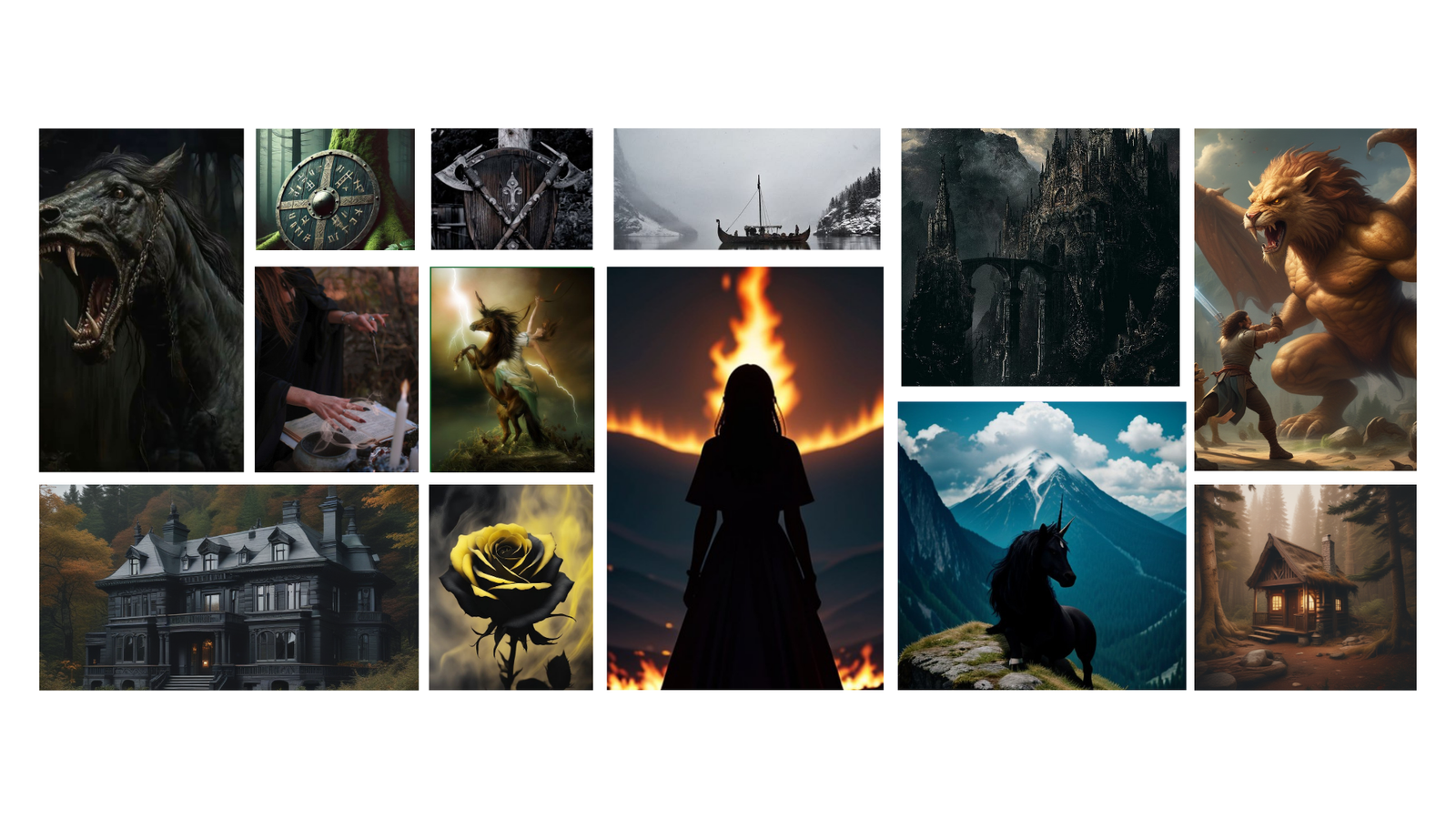
Frigga, is honestly one one of the most significant figures in Norse mythology, embodying the roles of queen, mother, and wise protector. She, of course is the famous wife of Odin, the chief god.
She is often associated with marriage, motherhood, and prophecy, and is often invoked by women seeking blessings for their families and is regarded as the goddess of family loyalty and care.
One of Frigg’s defining attributes is her gift of foresight. Like her hubby Odin, Frigg has the ability to see the future. However, she differs in her approach: while Odin is relentless in his search for knowledge, Frigg holds her visions with discretion, recognising the limits of divine intervention.
Frigg’s foresight plays a huuuuuge role in one of Norse mythology’s most tragic tales: the death of her son Baldr, the god of light and purity. Upon foreseeing Baldr’s death in a dream, Frigg went to great lengths to protect him, securing a promise from every living creature and object not to harm him. However, she overlooked the mistletoe, an oversight that led to Baldr’s tragic death. This story underscores Frigg’s deep maternal love and the limits she faced even as a goddess, capturing the sorrow of a mother’s love in the face of destiny.
Frigg’s symbols and sacred objects further underscore her roles as protector and keeper of the home. She is often depicted with a spinning wheel or spindle, emphasising her association with destiny, as if she herself spins the threads of life.
On top of that, her possession of a falcon cloak, similar to the cloak associated with Freyja, allows her to cross realms, symbolising her connection to prophecy and far-reaching wisdom.
While Frigg shares likeness with Freyja, another badass Norse goddess associated with love and beauty, the two differ in their focus and attributes. Freyja is also connected to love and fertility but has a distinct warrior-like independence and a connection to sorcery, especially seiðr, a magic for altering fate.
Frigg’s power, by contrast, is centred around the family and the hearth, making her a more domestic and loyal peer to Freyja’s more adventurous spirit.
Frigg’s legacy extends into modern culture, reflected in the English word “Friday,” which originates from “Frigg’s Day.” She was respected in Norse society, especially by women who saw in her the ultimate example of loyalty, love, and the wisdom of foreseeing but not altering fate.
In sum, Frigg embodies the ideals of protection, devotion, and quiet strength.
Who runs the world?!!!!!!! I will let you think about that!
